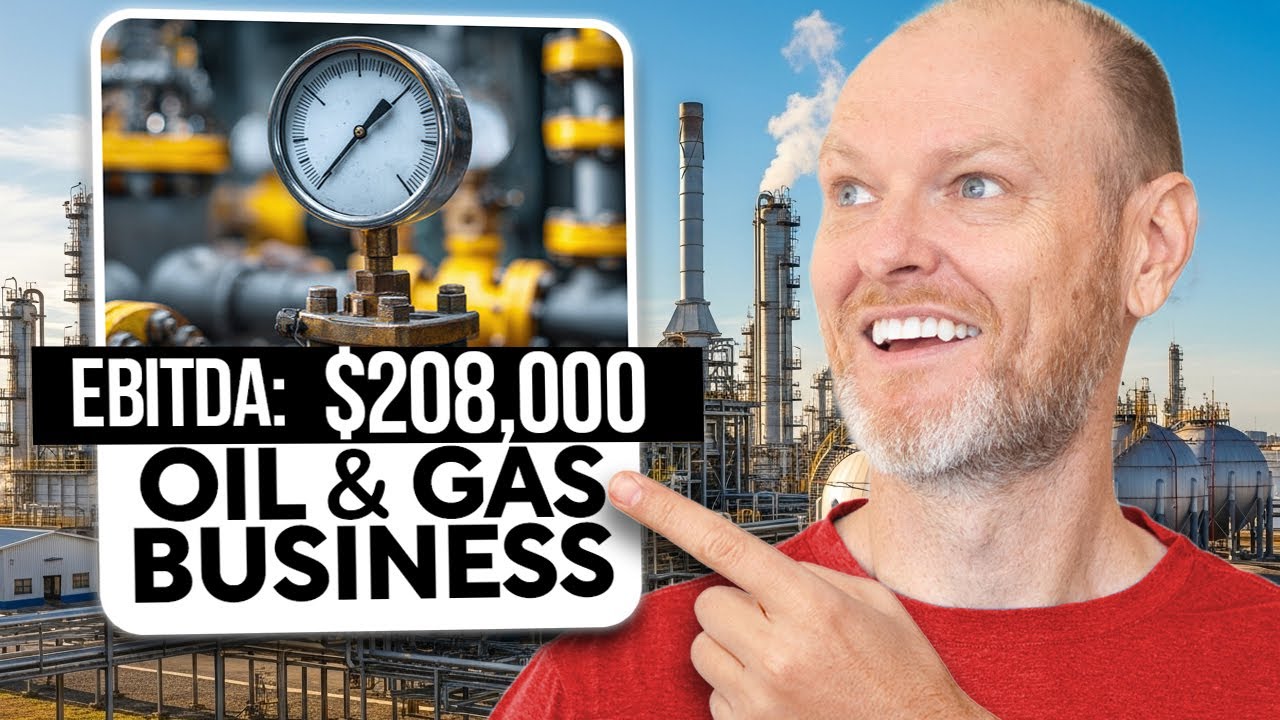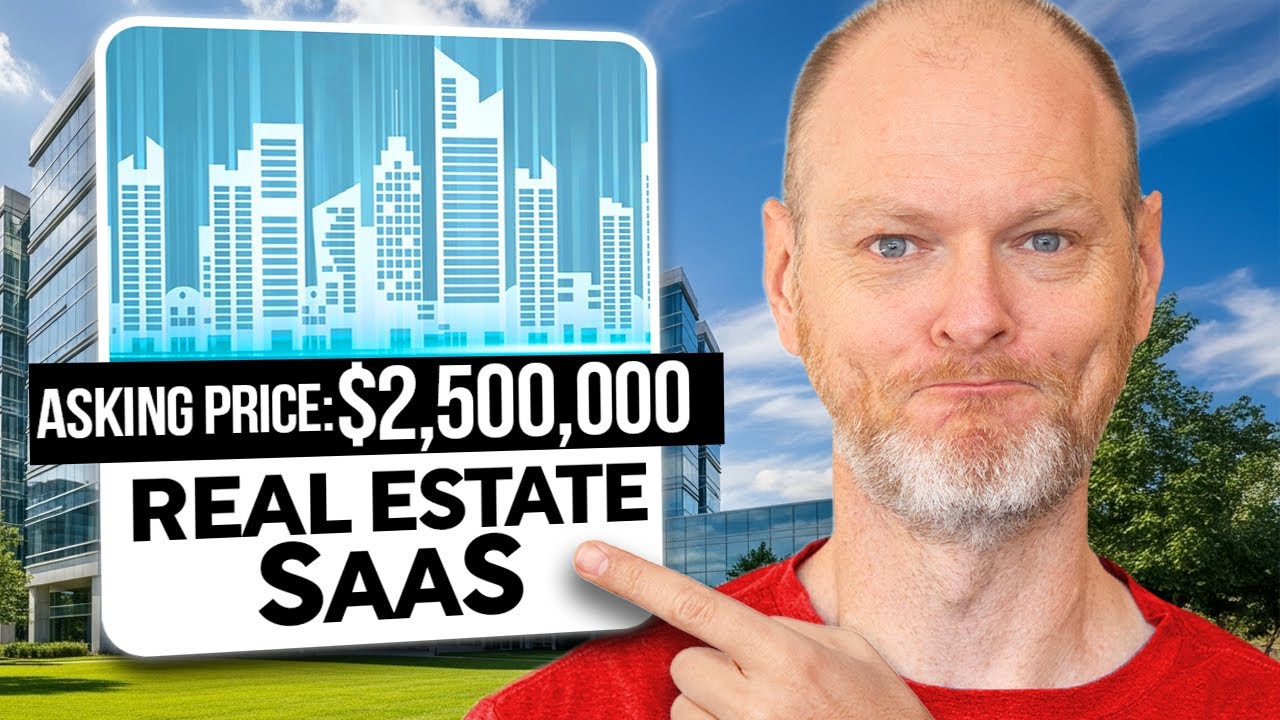Amazon FBA Supplements Business at 10x Multiple: Is It Worth It?

Amazon FBA Supplements Business at 10x Multiple: Is It Worth It?
Discover the challenges and opportunities of acquiring an Amazon FBA supplements business in this engaging episode with special guest Travis Jamison.
Discover the challenges and opportunities of acquiring an Amazon FBA supplements business in this engaging episode with special guest Travis Jamison.
This episode is brought to you by our sponsors:
Capital Pad: Your platform for connecting investors with searcher and independent sponsor deals. Learn more at https://www.capitalpad.com.
HoldCo Conference: The premier event for holding company entrepreneurs. Don't miss your chance to connect and learn. Visit https://www.holdcoconf.com for details.
Travis Jamison joins the show to break down an Amazon FBA supplements business listed for a whopping 10x multiple. With his deep expertise in e-commerce and Amazon FBA, Travis explores the risks and rewards of buying into a highly competitive niche. We discuss supply chain strategies, the sustainability of growth claims, and why some FBA deals might not be worth the risk—plus insights into more resilient investment opportunities.
Key Highlights:
- Introduction to Travis Jamison and his e-commerce background.
- Overview of the Amazon FBA supplements business listing and its valuation.
- Insights into the cutthroat nature of Amazon's supplements niche.
- The role of pricing, branding, and operational efficiency in the business.
- Strategies for evaluating growth potential and avoiding pitfalls in acquisitions.
- Exploring alternative, stable business opportunities on platforms like Capital Pad.
Episode Transcript
More Episodes

Small Oil & Gas Services Business Deal Review
In this episode, the hosts dissect a small Alberta-based distributor of oil and gas measurement tools, revealing a niche but sleepy business that may be just two guys and a warehouse—and whether that’s worth buying.

We Buy Gold Business Model Explained: Why This Deal Is Risky
In this episode, the hosts dissect a high-revenue, fast-scaling precious metals buyer that might be both a goldmine and a landmine—complete with potential regulatory issues, cash-heavy operations, and lending red flags.

Why This $2.5M SaaS Deal Could Be a Hidden Gem (or a Trap)
In this episode, the hosts dive into a Florida-based SaaS company in the real estate sector that's priced to sell—but bleeding revenue.
